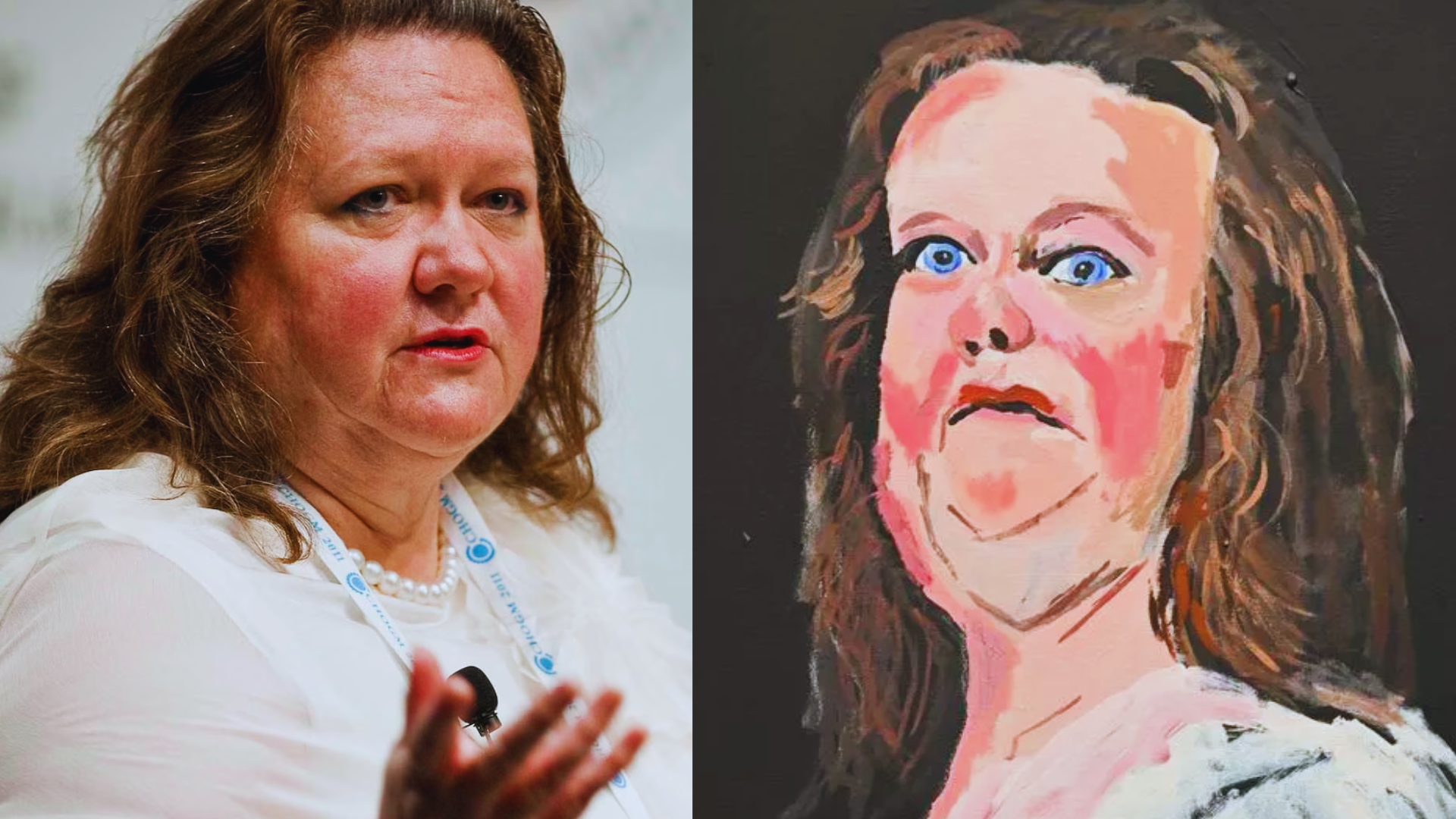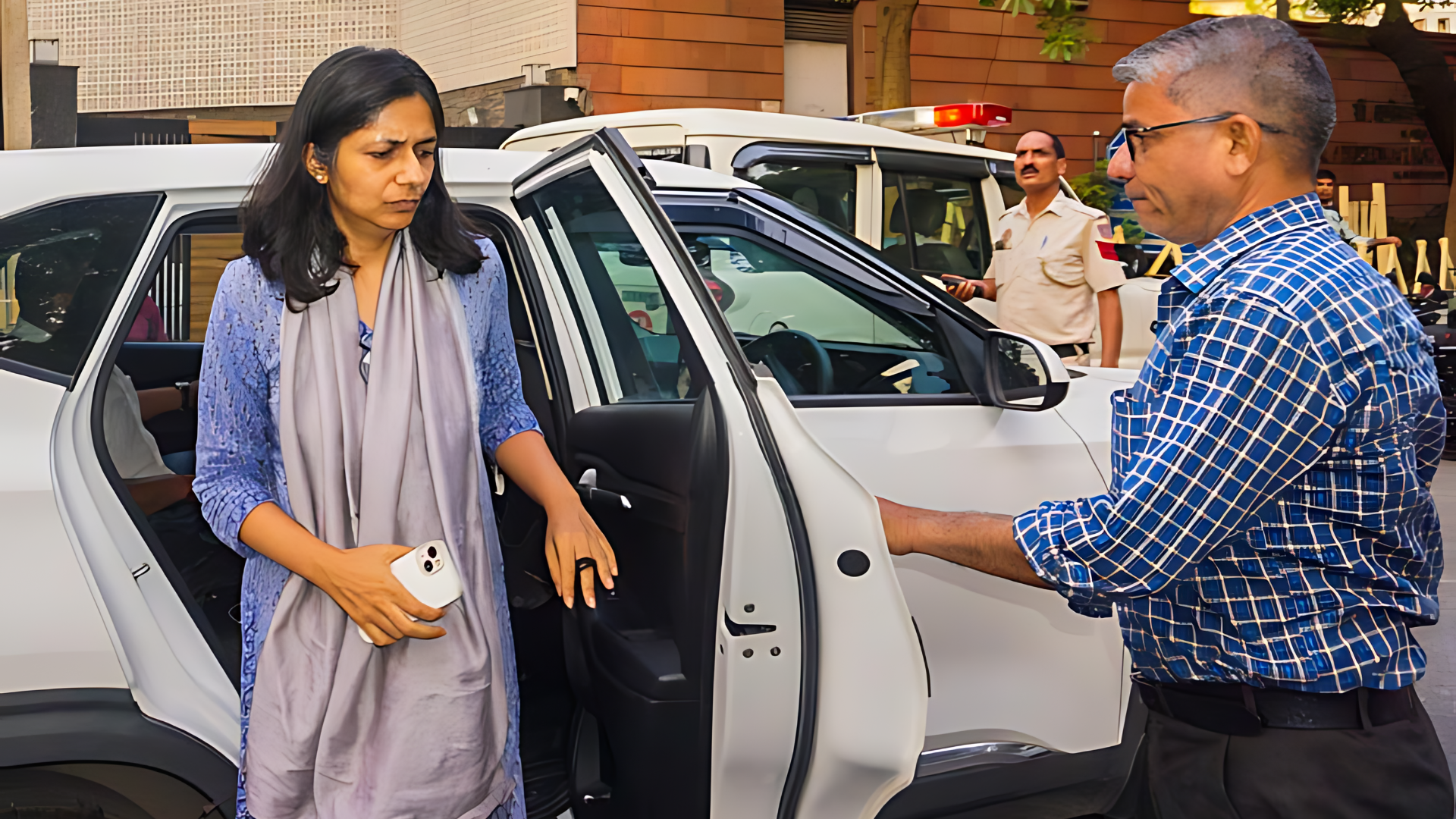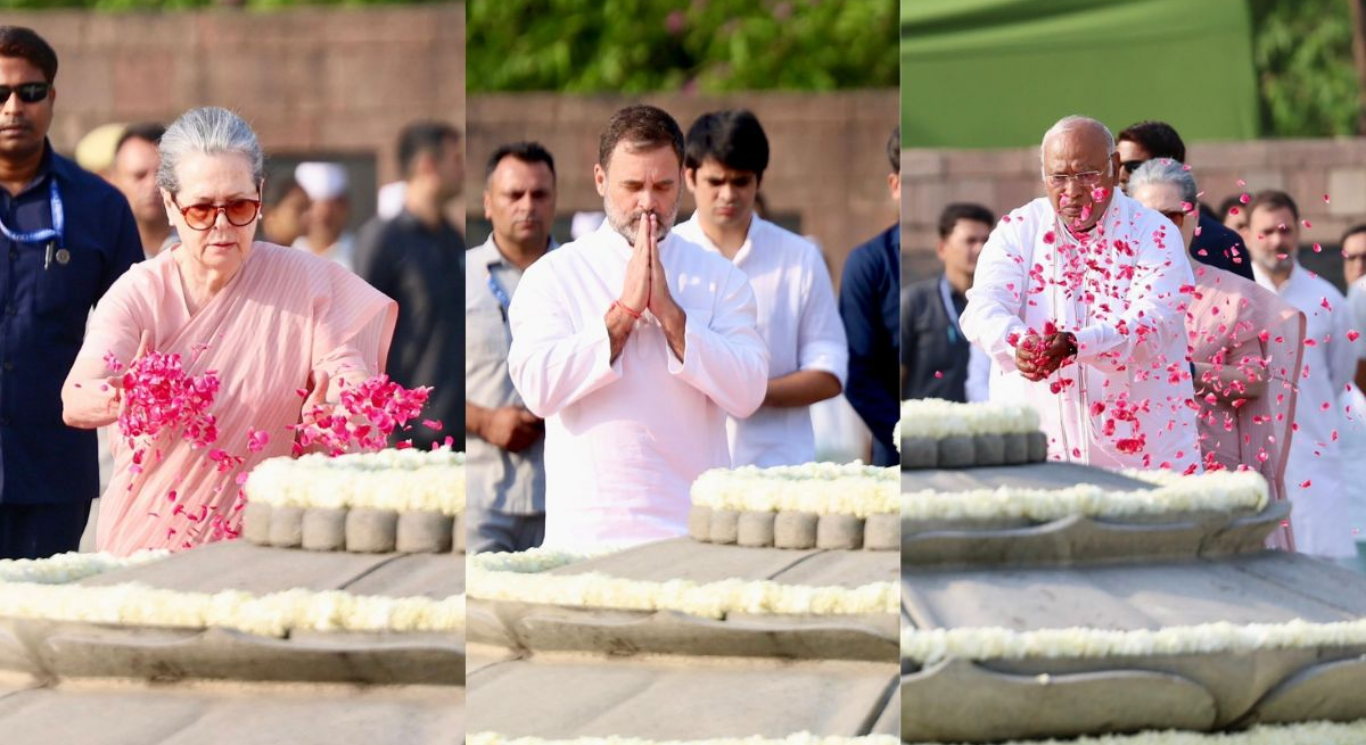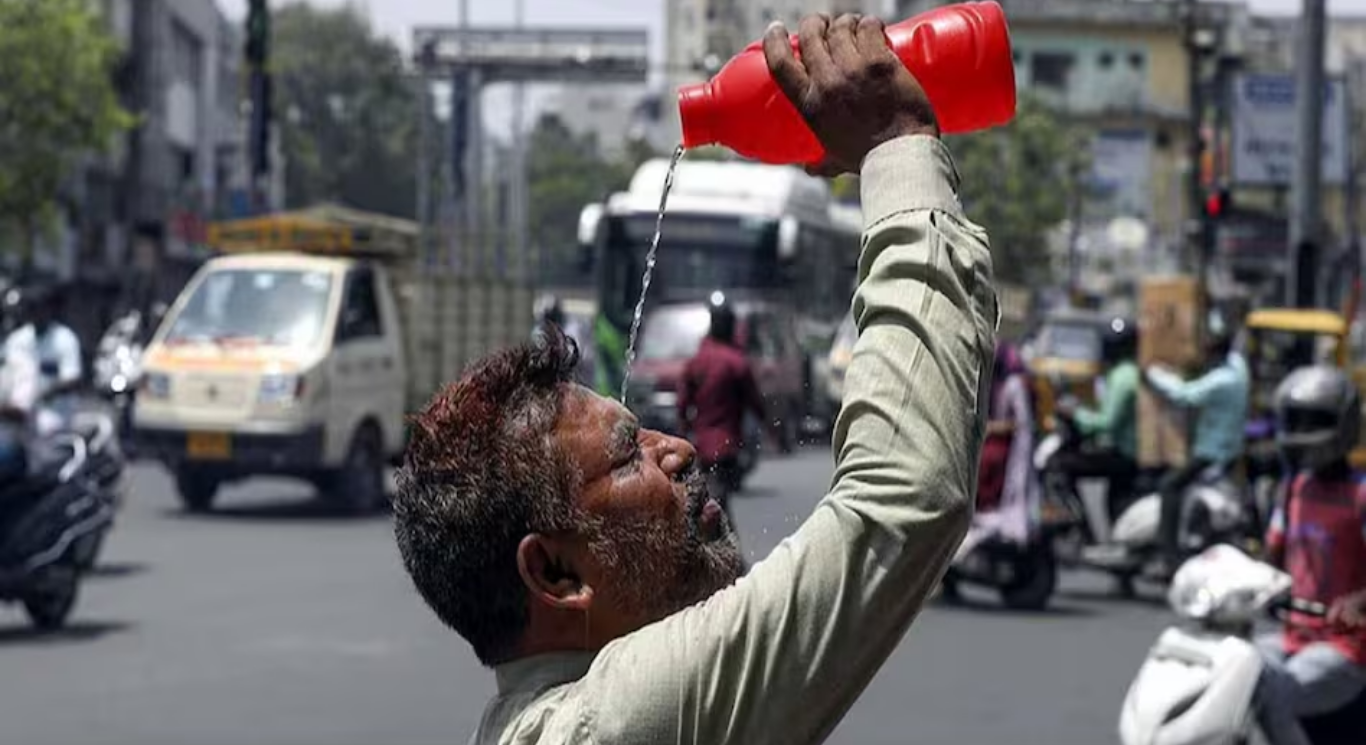India has made a significant contribution of USD 1 million to the India, Brazil, and South Africa Facility for Poverty and Hunger Alleviation Fund (IBSA Fund). The cheque was handed over by India’s Permanent Representative to the UN, Ambassador Ruchira Kamboj, to the Director of the UN Office for South-South Cooperation (UNOSSC), Dima Al-Khatib.
Ambassador Kamboj emphasized India’s commitment to supporting the IBSA Fund, highlighting the positive impact it has had on millions of lives across the Global South and reinforcing the spirit of South-South cooperation. The IBSA countries—India, Brazil, and South Africa—each contribute one million dollars annually to the fund, fostering partnership and support for Southern-led projects aimed at addressing poverty and hunger.
India’s cumulative contributions to the IBSA Fund have now exceeded USD 18 million since its establishment in 2004. The UNOSSC serves as the Fund Manager and Secretariat for the IBSA Fund, overseeing projects that promote food security, address HIV/AIDS, and extend access to safe drinking water, aligning with the Sustainable Development Goals.
The IBSA Fund has allocated USD 50.6 million to date, supporting 45 projects in 37 countries. This year, the fund has approved projects in Southern Belize, South Sudan, and Palestine, focusing on rural electrification, empowering women and youth in sustainable agriculture, and investing in agri-business development.
During a recent meeting of the Fund’s Board of Directors, new funding of USD 3 million was approved for projects in Belize, Palestine, and South Sudan. Additionally, the design of a project in Mali was approved, aiming to enhance climate change resilience in community farms and empower women in the Baguinéda Irrigated Zone, starting in 2024.




















